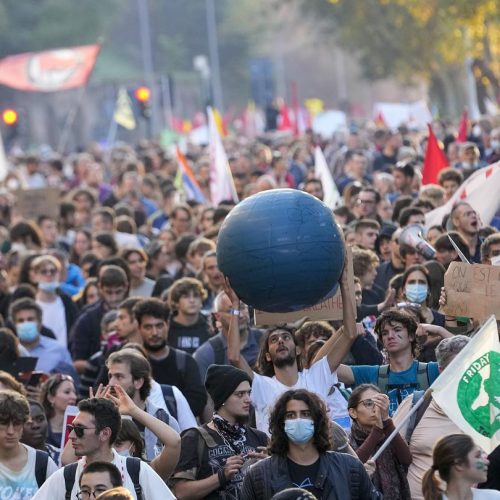A growing and pressing issue for all of the inhabitants of planet Earth, the impact of climate change is already being tangibly felt across most parts of the world. As temperatures rise and living conditions worsen, not a week goes by without news of extreme weather events, melting ice caps, and endangered species struggling to survive. Unfortunately, things are seemingly only going to get worse as according to new data released this week, the summer of 2024 is on course to shatter the discomforting heat records set so far.
Considered one of the hottest summers ever recorded by mankind, 2023 had factually set the bar high in regards to global warming. Indeed, according to the European Union’s Copernicus Climate Change Service (CCCS), the United Nations World Meteorological Organization (WMO), and the United States’ National Oceanic and Atmospheric Association (NOAA), last summer was 1,48°C warmer than any other during the pre-industrial period (1850-1900)– a figure that is frighteningly close to the 1.5°C benchmark globally agreed on avoiding at the 2015 Paris Climate Accords.
Given the recent information shared by the aforementioned bodies, there is a 30% likelihood that the upcoming summer of 2024 will surpass the warmth of the previous one. It also holds a 99% probability of being among the five hottest years in history.
“2023 was a mere preview of the catastrophic future that awaits if we don’t act now,” U.N. Secretary-General António Guterres said in a statement accompanying the release of the WMO data. “Humanity’s actions are scorching the earth. We must respond to record-breaking temperature rises with path-breaking action,” he continued.
As governments, scientists, and activists are pressing for immediate action to mitigate the effects of climate change, these predictions serve as another reminder of how unpredictable weather patterns will continue to disrupt our livelihoods if we fail to address the root causes of environmental degradation. With the window of opportunity for meaningful change narrowing, one must not only wonder how to slow down the ongoing process and damages made but also how to adapt to the changes that are already underway.







